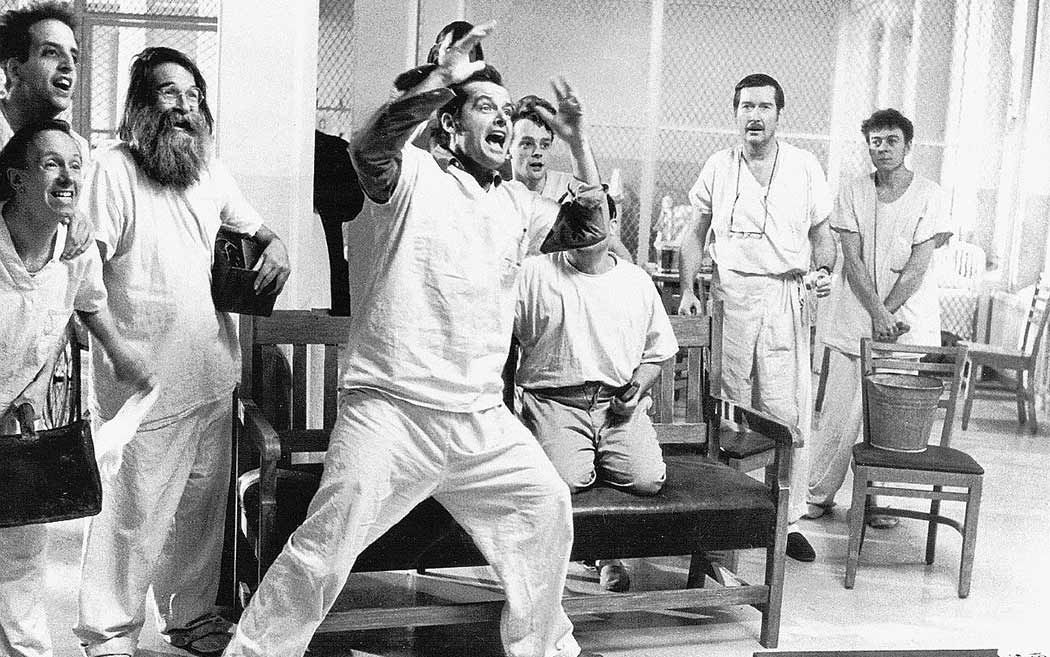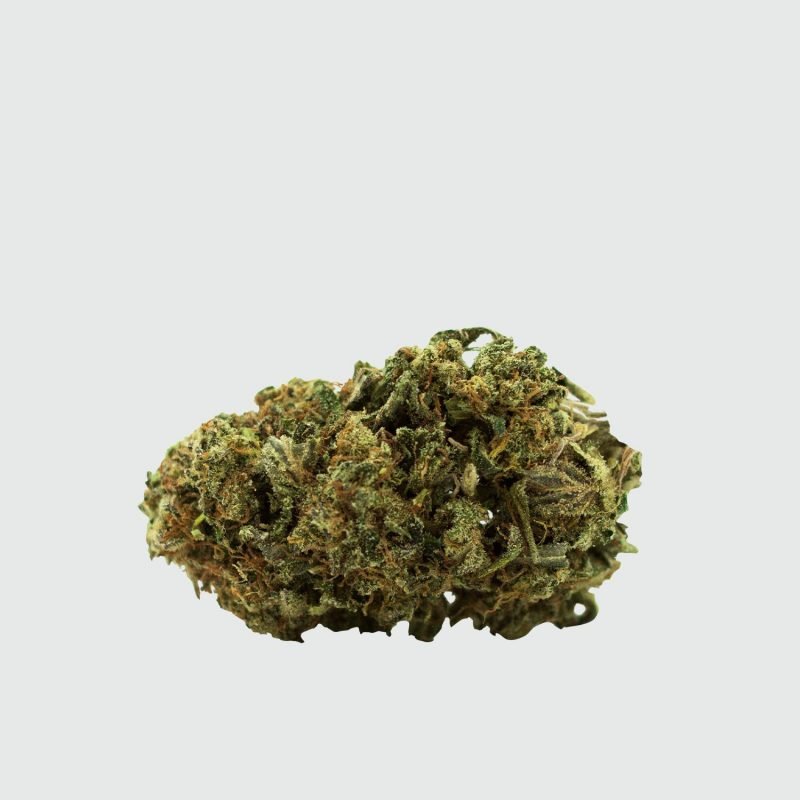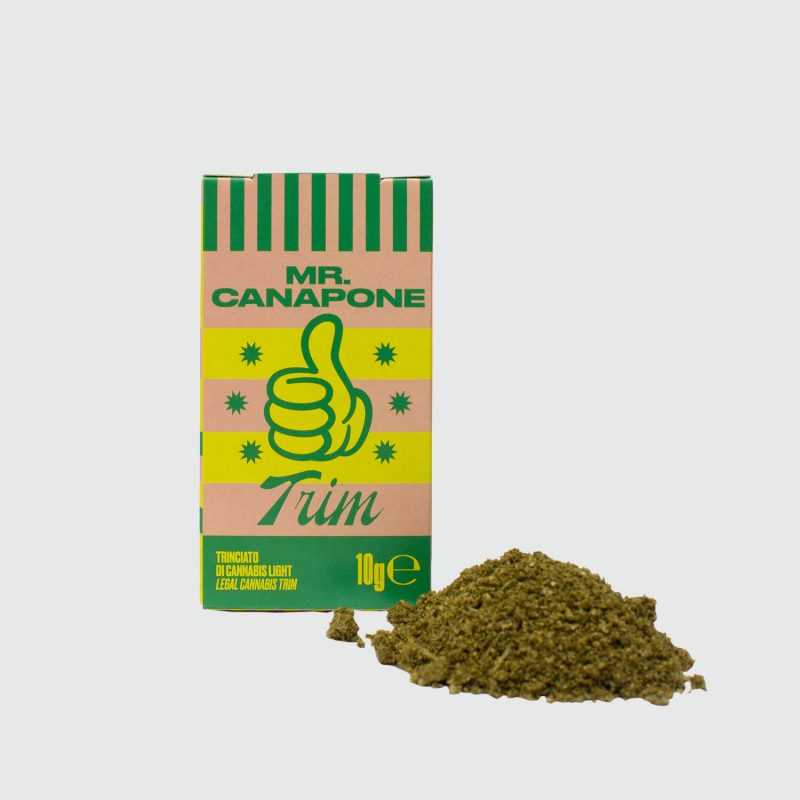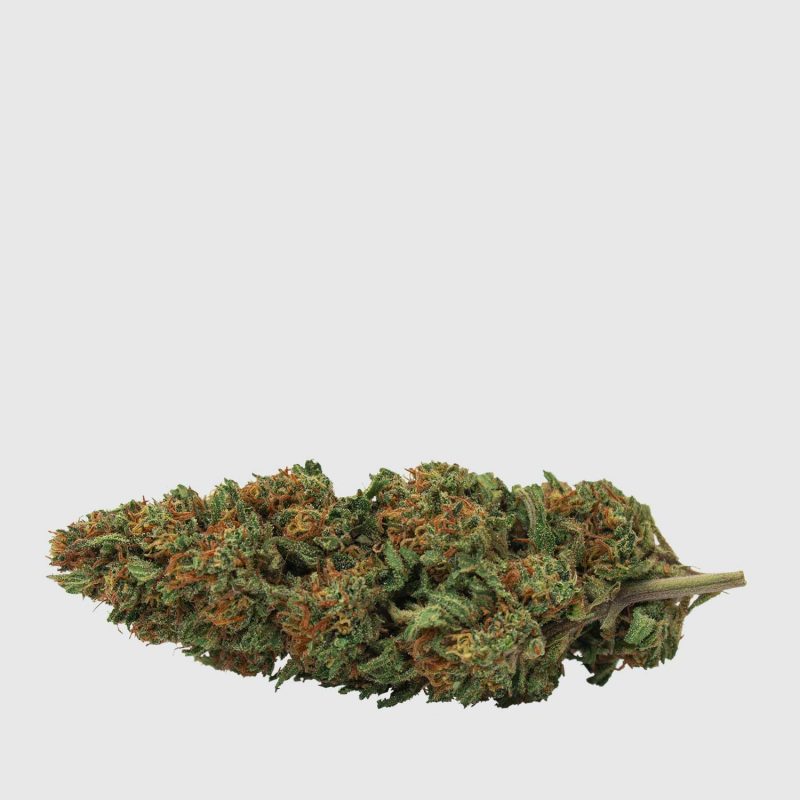Cannabis and mental disorders: a danger or a possible cure?
For years, traditional medicine has claimed that cannabis use could trigger mental disorders or exacerbate them, in the case of a pre-existing condition. Today, a large number of studies seem to support exactly the opposite, namely that cannabinoids could even be used in the treatment of psyche diseases. As we would like to deepen these much-debated topics, we have decided to put together some scientific data to understand more the role of cannabis in mental illnesses.
Let’s start by saying that while investigating the clinical research published up to date, we have not been able to find a final solution on this topic. In fact, there are too many inconclusive or conflicting results when discussing the effect of cannabinoids on the human brain and on its functions and dysfunctions. Surely, this is a parenthesis that still needs to be studied at a medical and scientific level, especially when there are behavioural or overt psychiatric disorders.
You may also be interested in:
Interaction between drugs and CBD
However, most recent research has given evidence that, unlike what was claimed in the past by medicine, even consistent consumption of cannabis does not cause chronic psychiatric disorders in healthy people. There are many cases in which this habit is reported as one of the triggers of the onset of psychotic crises in predisposed subjects but, at the same time, many specialists argue that cannabis may be useful in managing the symptoms of many psychiatric disorders. You can, therefore, understand why it is so difficult to take a position on this topic, as the data are many and very contrasting.
Cannabis panic attacks
Let’s start from the most common of these ones, that massive consumption of cannabinoids can cause psychotic symptoms and transient panic attacks.
It is a fairly common phenomenon: rapid heartbeat and a sudden feeling of uncontrollable anxiety.
This condition is caused by a simple biochemical reaction induced by cannabinoids (in particular from THC). If most of the time-consuming cannabis has a balancing effect on the psyche and gives relaxation to the whole body, sometimes (especially when there is a pre-existing stress condition) it can have the opposite effect and provoke what in psychological jargon is called the “fight or flight” reaction, a sort of body and mind alert reaction. If in a person who does not have particular psychological problems this situation can be unpleasant but easily manageable, it may not be the same in a person who has a pre-existent psychiatric condition as the experience could be much more difficult to manage and could trigger a worsening of the pre-existing symptoms (or intensified symptoms so far mild).
The success of self-care of psychiatric disorders with cannabis
But then, if those who suffer from psychological and psychiatric problems can worsen because of the effects of cannabis, why are there so many studies which support the thesis that cannabinoids can be a possible cure or support in the management of mental illness symptoms? It all started with the tendency of many patients suffering from this type of pathology to seek a form of self-care in cannabis use.
In practice, even when medicine did not even contemplate the idea of this type of treatment, many people realized that cannabis use helped them to manage the peaks of pathologies such as major depression, schizophrenia and bipolar disorders.
Today, we know that CBD has the ability to relax body and mind, that cannabinoids interact with the endocannabinoid system by rebalancing the body’s homeostasis and giving a beneficial balance. Surely, this is the reason why cannabis is found to be useful to alleviate anxiety and stress symptoms in people suffering from such disorders. Unfortunately, the instability of these processes means that if cannabis can be a source of tranquillity for a long time, at a certain moment it could trigger a sort of reverse reaction and exacerbate the problem.
More specific and in-depth studies are needed
For this reason, although many patients have reported to their doctors the positive experience induced by cannabis use in the control of psychiatric diseases, the possibility of provoking these adverse events has greatly limited the intention to further research on this particular scientific topic.
Another very complex chapter is the one concerning the differences between the effects of THC and CBD. In fact, these two cannabinoids have very different implications on the human psyche and, for example, many studies on the administration of CBD for the treatment of psychiatric pathologies (above all, Schizophrenia) have shown a fairly good mood stabilizing effect. For this reason, CBD is markedly attracting much more attention than THC in studies concerning the management of psychological and psychiatric disorders.
Interested in learning more about this subject? Here is a series of compelling scientific studies that offer a varied overview of this multifaceted and complex topic:
www.ncbi.nlm.nih.gov/pubmed/20353783
www.ncbi.nlm.nih.gov/pmc/articles/PMC6007658/
www.ncbi.nlm.nih.gov/pubmed/26886046
www.ncbi.nlm.nih.gov/pubmed/29789034
www.ncbi.nlm.nih.gov/pubmed/29241357


 Italiano
Italiano















